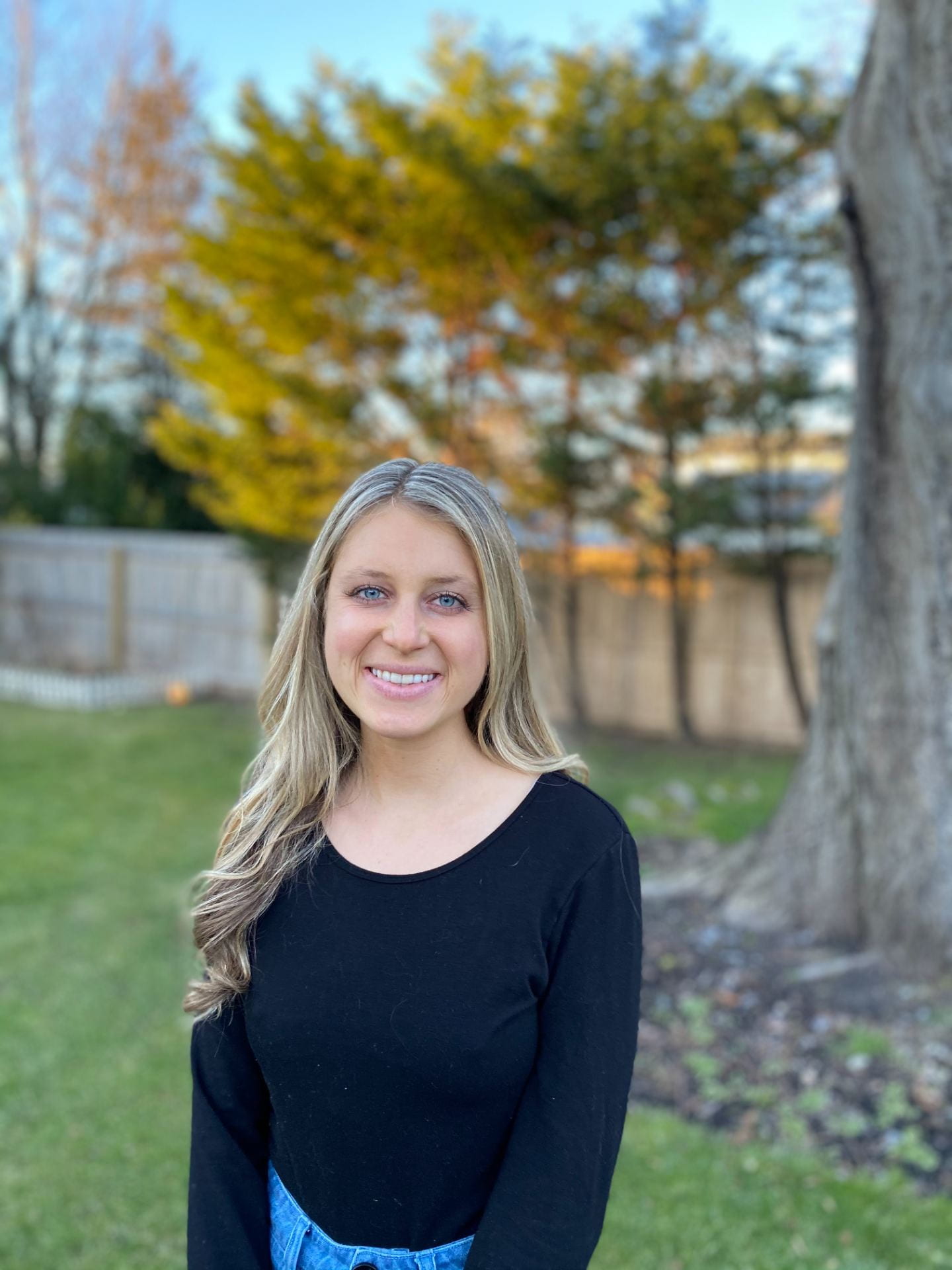CORE Lab Team

Dr. John D. Coley
Lab Director | Principal Investigator
Dr. Coley is Professor of Psychology and Professor of Marine and Environmental Sciences at Northeastern University, and Director of the CORE Lab. He is interested in the basic cognitive processes underlying how people organize and use their knowledge of the world, how those processes develop and change over time, and how differences in culture and experience lead to differences in the organization and use of knowledge. He is also committed to cross-disciplinary translational research, and to exploring the concrete consequences of conceptual organization and reasoning in areas like science education, social conflict, and ecological awareness. Dr. Coley sees his lab as an environment in which smart, motivated, people have the opportunity to work together while learning about research, exploring these issues in lots of different ways, making genuine contributions to cognitive science, and having fun along the way.

Joan Kim
Doctoral Candidate, 5th year
After graduating from Tufts University, Joan spent some time at a cardiovascular imaging lab before transitioning back to psychology with the CORE Lab. She is currently interested in how people think about the natural world/systems and climate change. Her hope is that she can develop interventions in fighting climate change by encouraging people to think about themselves as part of the natural world and rethinking the psychological distance between the self and climate change disasters. In her free time, she likes to bake and dance.

Krissy Kilgallen
Doctoral Candidate, 3rd year
Krissy Kilgallen, M.S. is a third year PhD Candidate in the CORE lab. Her research examines how psychological constructs and processes (worldviews, values, mental-models, self-construal, moral reasoning, metacognition) can play a role in addressing the ecological crisis. Specifically, how these constructs and processes differ across individuals and groups, what their impact is, and if they can be shifted. Her prior work has examined this in the context of environmental tradeoffs and moral reasoning, and current work extends this in a cross-cultural domain. She also has ongoing work exploring how metacognition and mindfulness may be an effective intervention in shifting our mental models. In her free time, she likes to take long, meandering walks and have equally long and meandering conversations.
Krissy’s controversial opinion is that airports are fun.

Subina Shrestha
Doctoral Candidate, 3rd year
Subina is a third year doctoral student focusing on cognitive roots of environmental behavior across cultures. Her past work has focused on perceptions of ecosystem services and willingness to contribute to ecosystem conservation and restoration projects in Nepal. In the CORE lab, Subina studies intuitive theories about the self and the natural world, individual values, place attachment and their link to pro-environmental behavior. With her research, Subina aims to develop education and communication strategies to promote community engagement for environmental conservation. She is also passionate about teaching and previously worked as a junior lecturer in Kathmandu University, Nepal.
Subina’s controversial opinion is that liking or hearting someone’s message is not a full response.

Daria Healey
Doctoral Candidate, 2nd year
Daria is a second year doctoral candidate in the CORE Lab. She received her undergraduate degree in Environmental Studies with a minor in Sociology from Boston College in 2021, before transitioning to Northeastern University, where she received her master’s degree in Environmental Science and Policy in 2023. Daria is primarily interested in exploring perceptions of social-ecological systems through mental modeling, with applications for understanding implications of climate change, coastal adaptation strategy, and the benefits of place-based climate education.
Daria’s controversial opinion is that pineapple is and will always be the best pizza topping.

Rosemary Aviste, PhD
Postdoctoral Researcher
Dr. Aviste earned her Ph.D. in Social Psychology from Penn State and has experience in research, education, stakeholder engagement, and science communication. She is interested in how knowledge systems and worldviews shape the ways people understand, value, and form relationships with nature, and how these frameworks appear in educational experiences and environmental science research. Her work focuses on science education as a site for knowledge system development, examining how engagement with Western science contributes to the formation of science identity and how that identity shapes every level of the environmental research process. She is committed to rigorous, inclusive, mixed-methods research that examines how diversity in knowledge systems can support more equitable research practices and collaborations, including efforts to decenter Western scientific frameworks within environmental psychology. She enjoys knitting, hiking and spending time with her cat Apricot.
Dr. Aviste’s controversial opinion is that required nap time should be extended to all ages, schools and workplaces.

Keira Hadlich
Research Coordinator
Keira is a third-year undergraduate studying Human Services and International Affairs with a minor in English. She works in the CORE Lab as the Research Coordinator. Keira is interested in how individuals’ perceptions of nature, and climate change, can motivate or hinder environmental collective action. She hopes to research possible interventions to increase pro-environmental behaviors within communities and explore the field of environmental behavioral science. Outside of the lab, Keira loves to write, read, adventure outdoors with friends, and discover new food.
Keira’s controversial opinion is that watermelon is bad (even when it’s ripe).

Grace Nyberg
she/her
Research Assistant
Major: Environmental & Sustainability Sciences, Sociology minor
Research Interests: Social-Ecological Systems, Perceptions of Climate Change, Environmental Education
Controversial Opinion: The Apple News daily crossword is better than the New York Times one.

Uma Sharma
she/her
Research Assistant
Major: Behavioral Neuroscience
Research Interests: How cognitive construals/heuristics affect individuals during times of crisis
Controversial Opinion: Cheesecake is overrated

Zeno Minotti
he/him
Research Assistant
Major: Communications & Sociology, Psychology minor
Research Interests: Cognitive Psychology, Cross-Cultural Studies, Social Psychology
Controversial Opinion: Milkshakes are better than ice cream in a cup, and ice cream in a cup is better than ice cream in a cone

Nayla Sumampow
she/her
Research Assistant
Major: Cell and Molecular Biology, minor in Psychology
Research Interests: Social psychology, Cross-cultural identity, Implicit bias and perception
Controversial Opinion: White chocolate doesn’t count as real chocolate

Adi Anker
she/her
Research Assistant
Major: Marine Biology
Research Interests: Environmental Education, Marine Conservation
Controversial Opinion: Breakfast should always be served all day in restaurants.

Astrid Angeles
she/her
Research Assistant
Major: Psychology
Research Interests: Educational Neuroscience, Developmental Psychology, Cognitive Psychology
Controversial Opinion: Planes shouldn’t have wifi

Diya Misra
she/her
Research Assistant
Major: Behavioral Neuroscience
Research Interests: Cognitive Psychology, Brain Plasticity, Intersection of cognitive processes and social phenomena
Controversial Opinion: Fries and ice cream are so yummy together

Leann Jenks
she/her
Research Assistant
Major: Environmental & Sustainability Sciences
Research Interests: Psychological Distance of Textile Waste
Controversial Opinion: Soda is overrated

Krishna Vasiraju
she/her
Research Assistant
Major: Behavioral Neuroscience, minor in Data Science
Research Interests: Cross-cultural studies, Developmental Psychology’s impact on socio-ecological thinking.
Controversial Opinion: El Jefe’s is superior to Mamacitas

Diya Patel
she/her
Research Assistant
Major: Health Science, minor in English
Research Interests: Environmental Psychology, Clinical Psychology
Controversial Opinion: Orange juice is better than apple juice

Mia Hutchinson
she/her
Research Assistant
Major: Psychology & Human Services
Research Interests: Psychologcial Essentialism, Cognitive Psychology, Cross-Cultural and Identity based Psychology, Environmental Systems Thinking
Controversial Opinion: Boston buses and the Silver Line are severely underrated and deserve more love.

Carly Cameron
she/her
Research Assistant
Major: Environmental & Sustainability Sciences
Research Interests: Environmental Tradeoffs
Controversial Opinion: Pasta is overrated

Liam Schwartz
he/him
Research Assistant
Major: Master’s student in Environmental Science and Policy
Research Interests: Impacts of climate framing and communication on cognative construals, attitude, and behavior.
Controversial Opinion: Mac and cheese is better with tuna

Lily Turino
she/they
Research Assistant
Research Interests: Human and Environmental Health, Systems Thinking, Human Exceptionalism, Environmental Education
Controversial Opinion: Children should be allowed to vote

Ridhima Shrestha
she/her
Research Assistant
Major: Behavioral Neuroscience
Research Interests: Interdisciplinary research at the intersection of psychology, environment and culture.
Controversial Opinion: Pineapple is good on pizza

Naomi Fallon
she/her
Research Assistant
Major: Marine Biology, minor in Psychology
Research Interests: Conservation biology, Human behavior and Climate Change
Controversial Opinion: A mocha is just an adult hot chocolate (from a former barista)

Margot Lurie
she/her
Research Assistant
Major: Behavioral Neuroscience, minor in Environmental Studies
Research Interests: Social Psychology, Environmental Health/Justice, how human behavior affects public policy
Controversial Opinion: There should be mandated outdoor time in schools (all ages) (Bonus: Animals shouldn’t live in animal shelters).

Anna Beltyukova
she/her
Research Assistant
Major: Environmental Studies and International Affairs, minor in Sustainable Business Practices
Research Interests: Environmental Education, Cognitive Processes relating to environmentalism
Controversial Opinion: Fast food isn’t good.

Shreya Sanjay
she/her
Research Assistant
Major: Politics, Philosophy, and Economics, minor in Psychology
Research Interests: Cultural and educational impacts on congitive construals.
Controversial Opinion: She hates french fries

Elaine Yi
she/her
Research Assistant
Major: Business Administration & Design
Research Interests: Cultural impacts on cognition and decision making, Developmental Psychology, Environmental Attitudes relating to fast fashion and sustainable textiles
Controversial Opinion: She hates chocolate